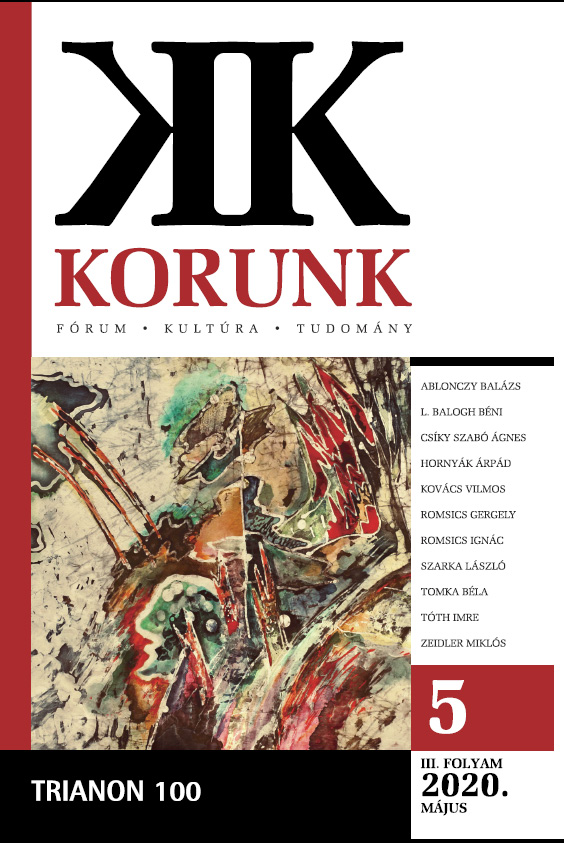A trianoni béke gazdasági hatásai Magyarországon
The Economic Effects of the Treaty of Trianon in Hungary
Author(s): Béla TomkaSubject(s): Interwar Period (1920 - 1939)
Published by: Korunk Baráti Társaság
Keywords: Trianon; Hungary; economic effects
Summary/Abstract: Hungary's post-Trianon economic situation is still treated rather onesided by the relevant literature, and the same holds true for the wider public discourse. The Hungarian discourse of the period on the economic effects of the Treaty of Trianon focuses on the losses of natural resources, assuming that the main factors of economic growth are represented by the raw materials and other natural resources. However, the traditional interpretation of the economic effects of Trianon precludes the explanation of some basic facts of economic history. This study shows that, in international comparison, the economic performance of post-Trianon Hungary was not weaker than its relative performance in the period of dualism of the AustroHungarian monarchy. Hence, the peace treaty did not have such a negative economic effect, neither in the medium, nor in the long term, as it is often customary to assume. One of the main reasons for this fact is that natural resources were not among the main factors of economic growth even in the interwar period, and the drivers of progress consisted, rather, in the structural changes of the economy, technological development, and the human capital, which were less affected by the peace treaty.
Journal: Korunk
- Issue Year: 2020
- Issue No: 05
- Page Range: 73-84
- Page Count: 12
- Language: Hungarian

